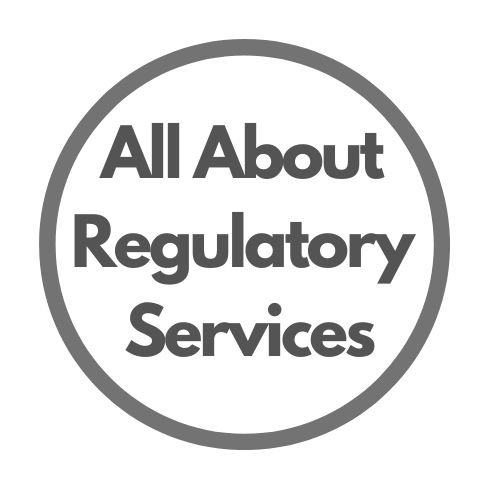Summary –
In the dynamic landscape of the food industry, securing FSSAI approval for non-specified food products and ingredients is paramount. CliniExperts, a seasoned team with a proven track record, stands ready to guide you through the seamless process of obtaining licenses through Form I and Form II. Explore the tailored assistance offered by our experts to navigate the complexities of non-specified FSSAI product approval and non-specified food ingredients licensing. For manufacturers and importers dealing with non-specified food products, understanding and adhering to meticulous regulatory requirements is a paramount responsibility. This article aims to shed light on the intricacies of compliance in the realm of non-specified food items and provide valuable insights for businesses in this sector.
What are Non-Specified Food Products?
Non-specified food products encompass a broad category of food or ingredients that don’t fall under specific regulatory standards or proprietary definition. These products may include single ingredient, combination of ingredients, novel food or technologies or any speciality food for which standards have not been laid down. The challenge lies in the diverse nature of these products, requiring a careful examination of applicable regulations to ensure compliance.
The Regulatory Landscape
Navigating the regulatory landscape for non-specified food ingredients can be an intricate journey. Unlike standardized foods, these products often face a challenge to be placed in a suitable food category. While safety standards, quality assurance, and accurate labelling remain paramount, the absence of a specific category means that manufacturers must adapt to evolving regulatory expectations.
Labelling and Documentation
Accurate and comprehensive labelling is a cornerstone of compliance for non-specified food products. Food Business Operators must ensure that their labels provide clear information about ingredients, nutritional content, allergens, and any other relevant details required by the specific product. Proper documentation, including product specifications and manufacturing processes, is equally vital for regulatory approval.
Quality Assurance and Testing
Maintaining quality standards is critical for non-specified food products. This may involve regular testing for parameters such as shelf life, microbial content, contaminants and adherence to specified nutritional values. Establishing a robust quality assurance process not only ensures safety and compliance but also builds trust within consumers.
The Approval Process For Non-Specified Food Ingredients
Gaining approval for non-specified food products can be a multifaceted process. It often involves submitting detailed documentation to regulatory food authority, demonstrating adherence to safety and quality standards. Proactive engagement with regulatory agencies can streamline the approval process and foster positive relationships.
Challenges and Opportunities Behind Non-specified Food Products
While the freedom of innovation is a driving force behind non-specified food products, it also welcomes challenges. Manufacturers must strike a delicate balance between creativity and compliance, ensuring that their products meet safety standards, maintain quality, and adhere to labelling regulations. Navigating these challenges, however, opens the door to opportunities for growth, differentiation, and market leadership.
Conclusion
Non-specified food products are reshaping the culinary landscape, inviting both manufacturers and importers to explore uncharted territories. These products embody a spirit of innovation that pushes the boundaries of traditional categories, offering a new perspective from the ordinary. In a world hungry for novelty, non-specified food products are serving up innovation on a plate. However, regulatory compliance is not a one-size-fits-all endeavour. It requires a nuanced understanding of both general and industry-specific regulations, along with a commitment to quality and safety. By proactively addressing regulatory requirements, food business operators can navigate the complexities, build consumer trust, and contribute to the overall integrity of the food industry.
In the competitive realm of the food industry, securing FSSAI approval is a strategic move. CliniExperts emerges as your reliable partner, offering a pathway to obtain licenses for non-specified FSSAI product approval and non-specified food ingredients. Empower your business with the assurance of regulatory compliance and expert guidance. Contact us today to embark on a journey of success in the world of non-specified food products and ingredients.
